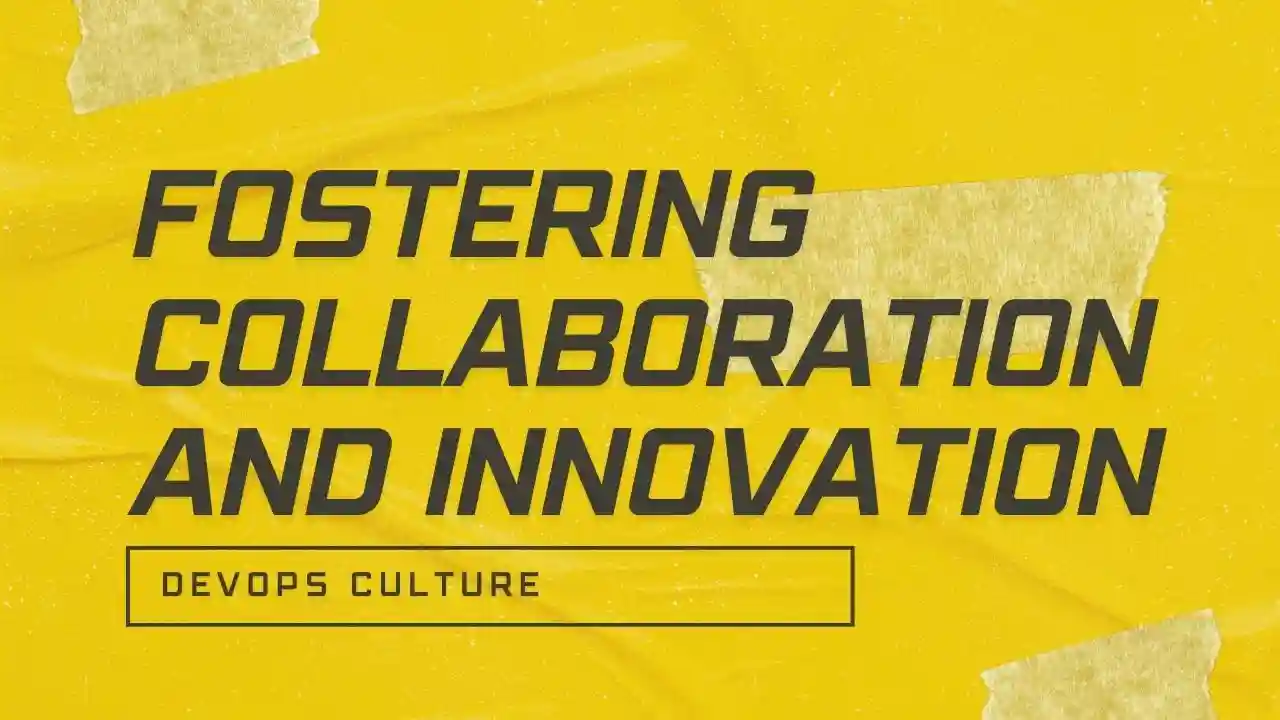Ethics in Cloud Computing: Navigating the Moral Landscape
Jan 07, 2025 - Cloud Computing

The concept of DevOps culture extends far beyond the implementation of tools and processes. It's about creating an environment where collaboration, communication, and continuous improvement are at the core of every action. Adopting a DevOps culture can significantly transform how development and operations teams work together, driving innovation and efficiency. This article explores the essence of DevOps culture, its impact on teams, and strategies for fostering a culture that thrives on collaboration and innovation.
DevOps culture embodies the principles of collaboration, integration, and continuous improvement within software development and IT operations. It's a mindset that prioritizes breaking down silos between development and operations teams, encouraging shared responsibilities, and embracing a culture of experimentation and learning. This culture aims to improve overall efficiency, enhance product quality, and accelerate delivery times.
Collaboration: At the heart of DevOps culture is the emphasis on collaboration between development, operations, and other stakeholders. This involves aligning goals, sharing knowledge, and working together to solve problems.
Continuous Improvement: DevOps culture promotes a mindset of continuous improvement, where teams regularly assess their processes, learn from failures, and implement changes to enhance performance.
Automation and Integration: Automation is a key component of DevOps culture, enabling teams to streamline repetitive tasks and integrate processes seamlessly to improve efficiency and reduce errors.
Transparency and Communication: Open and transparent communication is essential for fostering a DevOps culture. It ensures that all team members are informed, aligned, and able to contribute effectively.
For a deeper dive into the principles of DevOps, refer to our comprehensive guide on DevOps Definition.
A strong DevOps culture fosters an environment where development and operations teams collaborate effectively. This collaboration leads to:
Improved Problem-Solving: By working together, teams can tackle challenges more effectively, leveraging diverse perspectives and expertise.
Faster Resolution of Issues: Enhanced communication and collaboration lead to quicker identification and resolution of issues, reducing downtime and improving overall performance.
DevOps culture encourages a mindset of experimentation and innovation, resulting in:
Rapid Experimentation: Teams are empowered to experiment with new ideas and technologies, leading to faster innovation and improved solutions.
Continuous Feedback: The iterative nature of DevOps allows teams to receive continuous feedback, refine their approaches, and deliver high-quality products more rapidly.
By embracing DevOps culture, organizations can achieve:
Streamlined Processes: Automation and integration of processes reduce manual tasks and improve efficiency, leading to faster and more reliable delivery of software.
Reduced Waste: Continuous improvement practices help identify and eliminate inefficiencies, leading to more effective use of resources.
Encourage open and transparent communication across teams. This can be achieved through regular meetings, collaborative tools, and fostering an environment where team members feel comfortable sharing their ideas and concerns.
Provide training and development opportunities to help team members understand and embrace DevOps principles. This includes workshops, courses, and hands-on experiences with DevOps tools and practices.
Implement automation tools and practices to streamline repetitive tasks and improve efficiency. Automation helps reduce manual errors and frees up time for teams to focus on more strategic activities.
Create a culture of continuous learning where teams regularly assess their performance, learn from their experiences, and implement improvements. This includes conducting retrospectives, sharing lessons learned, and staying updated with industry trends.
The adoption of DevOps culture is crucial for organizations seeking to enhance collaboration, drive innovation, and improve overall efficiency. By fostering a culture that prioritizes open communication, continuous improvement, and collaboration, teams can achieve greater success in their development and operations efforts. To explore more about DevOps and its impact, check out our article on The Benefits of DevOps.
Embracing DevOps culture is not just about implementing new tools but about cultivating a mindset that values teamwork, continuous learning, and a relentless pursuit of excellence.
Copyright © 2026 ByteTechBlog By infyable.com. All Right Reserved.